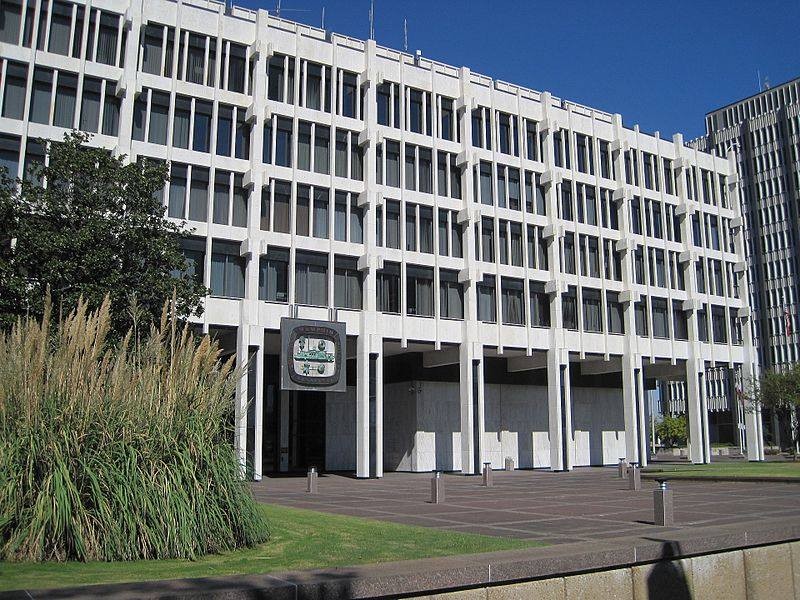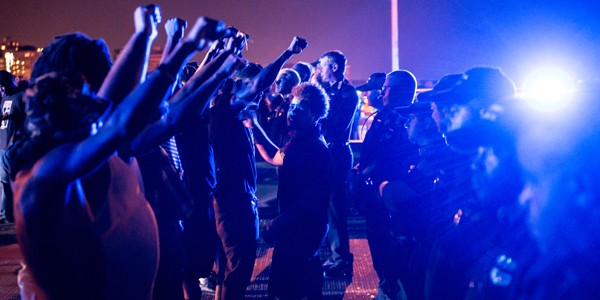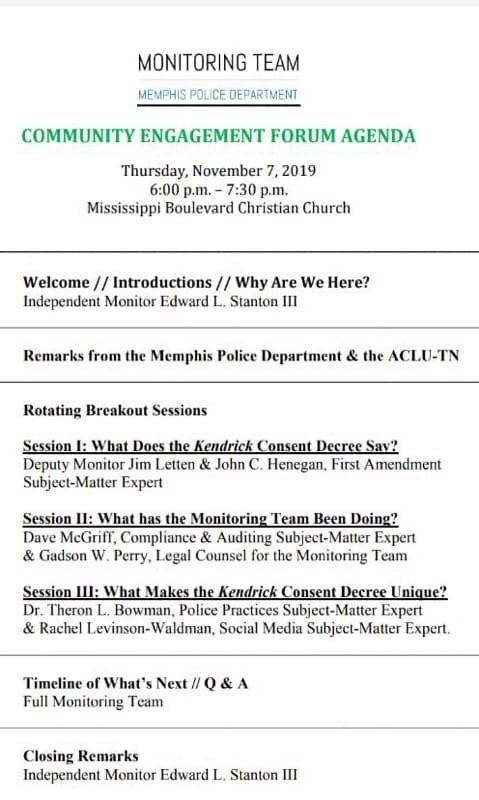
Memphis City Hall
A national media rights organization told a federal judge this week that the city may be violating a federal consent decree in its treatment of local news organization MLK50: Justice Through Journalism.
The Reporters Committee for Freedom of the Press sent a letter to U.S. District Court Judge Jon McCalla Monday, alleging that by refusing to add MLK50 to its media contact list, the city is violating the 1978 Kendrick Consent Decree, MLK50 reported Tuesday.
McCalla was the judge in the 2018 police surveillance case, in which he ruled that the city had violated the consent decree by using social media and other tactics to surveil activists. Now, McCalla, and a monitoring team he appointed, is overseeing the city and police department’s adherence to the decree, which prevents the police department from gathering intelligence in ways that violate people’s First Amendment rights.
According to the letter sent by Paul McAdoo, Tennessee’s staff attorney for the Reporter’s Committee Local Legal Initiative, the city “has refused MLK50’s repeated requests to add Ms. [Wendi] Thomas, and MLK50’s managing editor, Deborah Douglas, to the city’s media advisory lists, which is inconsistent with the city’s obligations under the Kendrick Consent Decree.”
[pullquote-1]
The letter then highlights a section of the decree that instructs the city not to “disrupt, discredit, interfere with, or otherwise harass any person exercising First Amendment rights.”
The next section of the decree instructs the city not to “engage in any action for the purpose of, or reasonably having the effect of deterring any person from exercising First Amendment rights.”
McAdoo writes that the city has interfered with MLK50’s First Amendment rights and attempted to deter journalists from exercising those rights “by refusing to add them to the city’s media advisory lists.”
I did not want to involve lawyers to resolve @cityofmemphis ≠ treatment of @MLK50Memphis, but that wasn't possible. On Monday, our @RCFP atty submitted a public comment re the federal consent decree and he's sent 2 letters to city atty. cc: @ACLU https://t.co/zcRbWiOWAx
— Wendi C. Thomas (@wendi_c_thomas) May 5, 2020
Lawyer Tells Judge City is Violating Local News Organization’s First Amendment Rights
According to the letter, Thomas, the founder, editor, and publisher of MLK50, was on the city’s media list until January 2019, but learned she had been removed in fall 2019. Since then, Thomas, along with managing editor Douglass has asked the city to re-add MLK50 to the list, but the “city refused to do so.”
“The city’s refusal is motivated by its perception that MLK50’s coverage of it is somehow unfair or not objective,” McAdoo writes. “Such content- and viewpoint-discrimination, however, runs afoul of the First Amendment … Not having the same access to information available to other members of the media whom the city has included on its media advisory list interferes with MLK50 and its journalists’ First Amendment rights and is done to deter their coverage of the city, both of which are violations of the Kendrick consent decree.”
The city did not immediately respond to the Flyer‘s request for comment.

 Brandon Dill
Brandon Dill 
 Brandon Dill
Brandon Dill